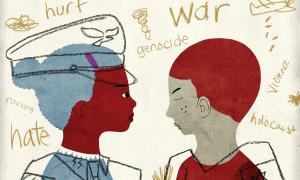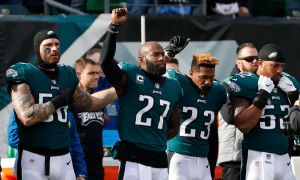article
The Day I Swam Into a New World
Frances dreams of swimming with her classmates, but will everyone be welcome at her new community pool?

The summer of 2018 saw black children reported to police for swimming, selling water and mowing lawns. Studies show the same bias that attributes sinister motives to these kids is evident in classrooms as well. What are you doing to ensure your students don't have to worry about #LivingWhileBlack at school?

